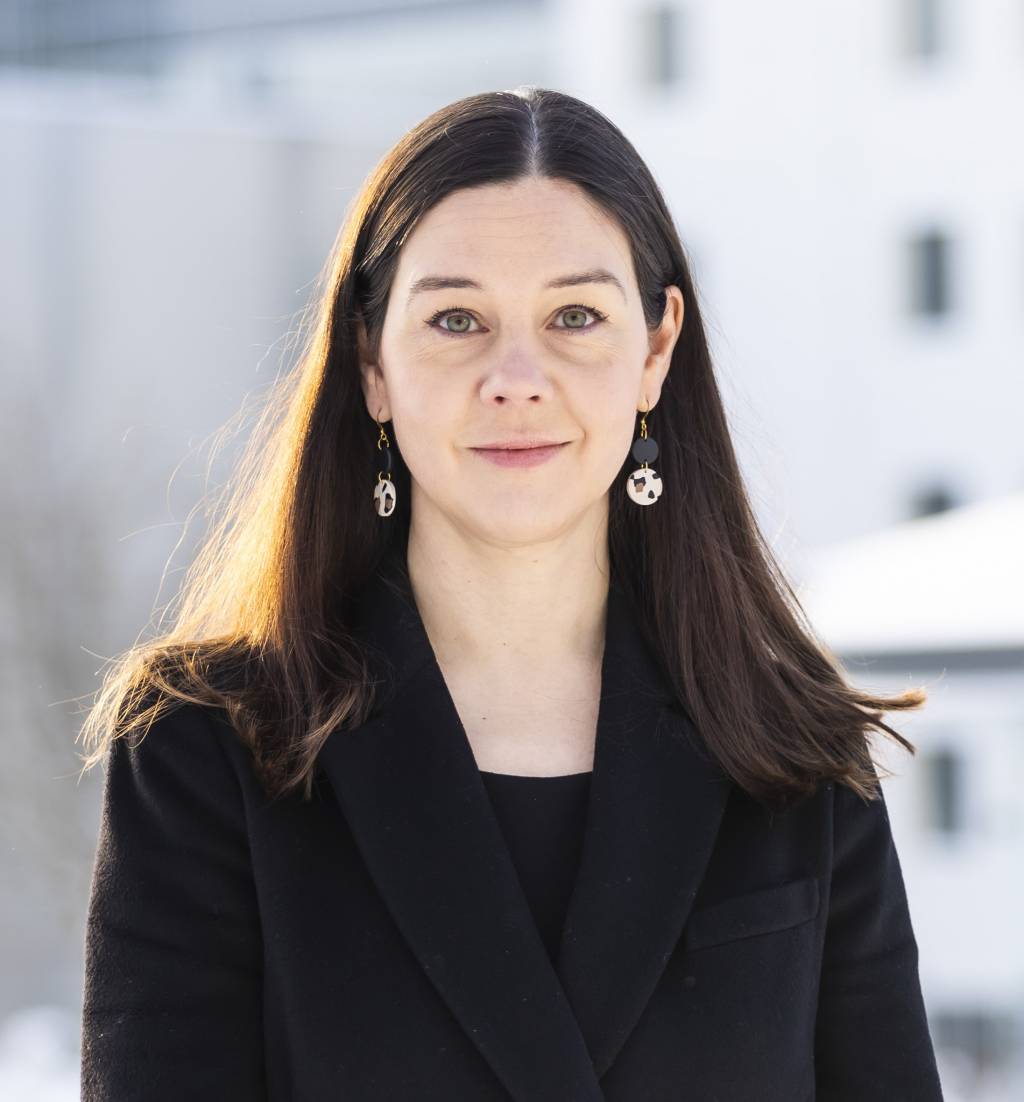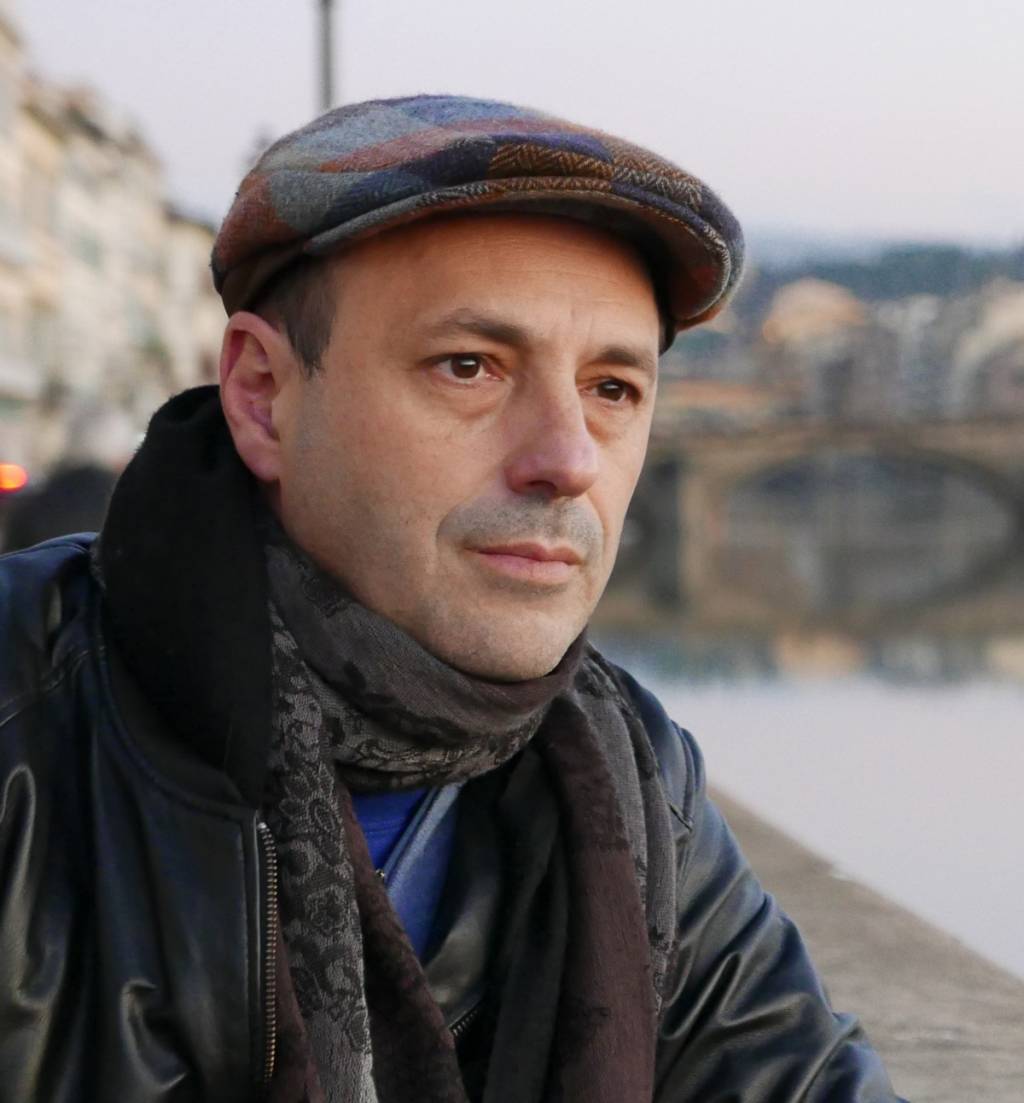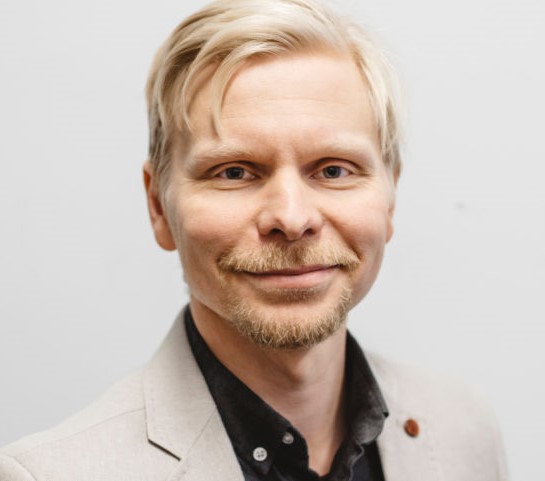Keynotes
Our keynote speakers:

Nora Räthzel
“Will workers be complicit in the destruction of the planet, or will they be agents of transformative change? This is not a rhetorical question since workers’ organisations are acting differently towards the climate crisis and environmental destruction depending on their history, the sectors they represent and the level on which they act (e.g. international, national, local).
In Industrial Relations in Europe Conference & Work Research Days 2022 I will present diverse strategies of how unions translate the concept of just transition into environmental trade union policies.”
Nora Räthzel works as a professor of sociology at Umeå University. She has undertaken research in many contexts exploring how individuals translate relations of gender, ethnicity, class and age into cultures of resistance and subordination. She has worked across disciplines and across countries with colleagues in the UK, Brazil, Spain, South Africa, Sweden, India, and Germany. With Diana Mulinari and Aina Tollefsen she has sought to understand how processes of globalization impact on the lives of workers in the global north and the global south, examining transnational corporations from the standpoint of workers https://link.springer.com/book/10.1057/9781137323057. For the last 14 years she has focused on the relationship between work and nature. With David Uzzell she has been developing and contributing to the research area of ‘environmental labour studies’ (ELS) which explores the environmental policies of actors at work (workers, trade unions, managers) asking in particular what kind of relationship to nature as the source and condition for labour they imply. With David Uzzell and Dimitris Stevis she has just published the Palgrave Handbook of Environmental Labour Studies (https://link.springer.com/book/10.1007/978-3-030-71909-8), in which scholars from across the globe analyse the policies and struggles of workers, peasants, and indigenous populations for socially and environmentally just forms of producing. Since 2022 she is leading a project in which workers from different economic sectors develop plans for a green and socially just transitions of their workplaces in Sweden and Spain.

David G. Blanchflower
David G. Blanchflower is a British-American labour economist and academic. He is currently a tenured economics professor at Dartmouth College, Hanover, New Hampshire. He is also a Research Associate at the National Bureau of Economic Research and part-time professor at the University of Stirling. His areas of research include unemployment, well-being, and wage macro policy. He has written extensively on wages, unemployment, especially youth unemployment, self-employment, credit constraints, and well-being. The newest book Not Working: Where Have All the Good Jobs Gone? (2019) is about those who cannot find full-time work at a decent wage—the underemployed—and how their plight is contributing to widespread despair, a worsening drug epidemic, and the unchecked rise of right-wing populism. Blanchflower draws on his acclaimed work in the economics of labor and well-being to explain why today’s post-recession economy is vastly different from what came before. His book The Wage Curve (1994, MIT Press), coauthored with Andrew J. Oswald, was awarded Princeton University’s Richard A. Lester Prize for the Outstanding Book in Industrial Relations and Labor Economics.

Richard Hyman
“What future for industrial relations in Europe? Prediction is always hazardous, but particularly so in these uncertain times. Since at least the turn of the century, the European economy has shown increasing instability, with growing inequality both between and within countries. Covid-19 has accentuated these instabilities and disparities, and the fall-out of the war in Ukraine will do so further. Who will pay the price for the economic damage, as well as for the essential changes to our economic model to avoid climate catastrophe? These are the key issues for industrial relations actors in the coming years.”
Richard Hyman is Emeritus Professor of Industrial Relations at the London School of Economics. He has been one of the most prominent figures in British and European employment relations research for most of the past four decades. He has written extensively on the themes of comparative industrial relations, collective bargaining, trade unionism, industrial conflict and labour market policy. He is Founding Editor of the European Journal of Industrial Relations, he has also founded and coordinates the annual Industrial Relations in Europe Conference (IREC). He has written extensively on the themes of industrial relations, trade unionism, industrial conflict and labour market policy, and is author of a dozen books as well as some two hundred journal articles and book chapters. A key theme in his current research is resistance to neoliberalism and austerity.

Paula Koskinen Sandberg
“Is Nordic corporatism reconfiguring, and is it good for gender equality? The Nordic model of employment relations has been widely admired. It is also often linked to good gender equality outcomes. In practice, the picture remains more complex and the positive impacts on gender equality are not self-evident in all cases. My talk offers a critical, feminist perspective on Nordic industrial relations and their recent developments.”
Paula Koskinen Sandberg is a research fellow in Gender Studies in the Faculty of Social Sciences at Tampere University. Her multidisciplinary work combines elements of sociology of work, industrial relations, organization studies, gender studies and feminist political economy. She has published on topics such as gender relations within the Finnish corporatist regime, gender inequalities in pay systems, the institutionalized undervaluation of women’s work, gender impacts of Finnish competitiveness policies and the social partners’ role in drafting gender equality policy and family policy, in journals such as Gender, Work & Organization, Work, Employment and Society and Social Politics. Her current research interests include changing gender relations within the Nordic welfare state, gender in public sector employment, activism around equal pay, gender impacts of neoliberal economic and labour policies, and corporatist politics.

Guglielmo Meardi
Guglielmo Meardi is Professor of Economic Sociology at Scuola Normale Superiore, Florence, Italy. Between 1999 and 2019 he taught industrial relations at the University of Warwick, where he was, in 2012-19, Director of the Industrial Relations Research Unit. His research is on the internationalisation of industrial relations, including multinational companies, transnational governance, international unionism and labour migration. His current studies are on the labour policies of populist governments and on European shipyards as global workplaces. He is the Editor of the European Journal of Industrial Relations.

Tero Toivanen
“What would a planned green industrial transformation look like? During the next couple of decades, societies need rapidly reconstruct socioecological systems (i.e., energy systems, transportation, housing, and agriculture) and industries to mitigate climate change and other environmental crises. The scale of the task is unprecedented and touches all sectors of society. Emerging scholarly, and to some extent political, understanding now emphasises that market-based solutions or green growth strategies are insufficient to realise such a far-reaching socioecological transformation. Instead, some form of economic and industrial planning is called for. Yet, it is precisely the idea of planning that has been rejected and opposed during the past few decades of neoliberal dominance over industrial political economies. In my talk, I argue that planning needs to be brought back to the centre of the political economy of industrial societies and discussions on sustainable transformations. I start by asking what can be learned from the Finnish industrial low-carbon road map process, described as “an international benchmark” for industrial policies, accomplished by the Finnish industries in 2019–2020. Then I discuss why and what kind of industrial planning is needed to generate an effective industrial transformation. I end my talk with a concrete proposal for a planning unit that would be implemented at the highest level of national decision making. The planning unit’s task would be to provide sectoral industrial plans, based on the best possible knowledge and expertise, for relevant actors (both private and public) that eventually carry out the green industrial transformation.”
Tero Toivanen, PhD (SocSci), is a postdoctoral researcher and Core Fellow at the Helsinki Collegium for Advanced Studies. Trained as a social and economic historian, Toivanen’s research interests touch the intertwined processes of capital, labour and ecology in concrete world-historical environments. Lately, his research has focused on the environmental history of Finnish capitalism, the political economy of Finnish forestry and governance of low-carbon economic and industrial transition. In his current research project, Toivanen explores the far right’s role in the climate crisis. He is a co-founder of the multidisciplinary BIOS Research Unit (www.bios.fi/en) which synthesizes scientific knowledge on global environmental and resource pressures and studies their impact on the political economy of Finnish society. He is an editor-in-chief for the multidisciplinary and critical journal Tiede & edistys (Science & Progress) and a board member in Poliittinen talous (The Finnish Review of Political Economy). Before his academic career, Toivanen worked as a specialist for Finnish trade unions and educated shop stewards and union officials on topics like political economy, the environment, and labour market relations.
